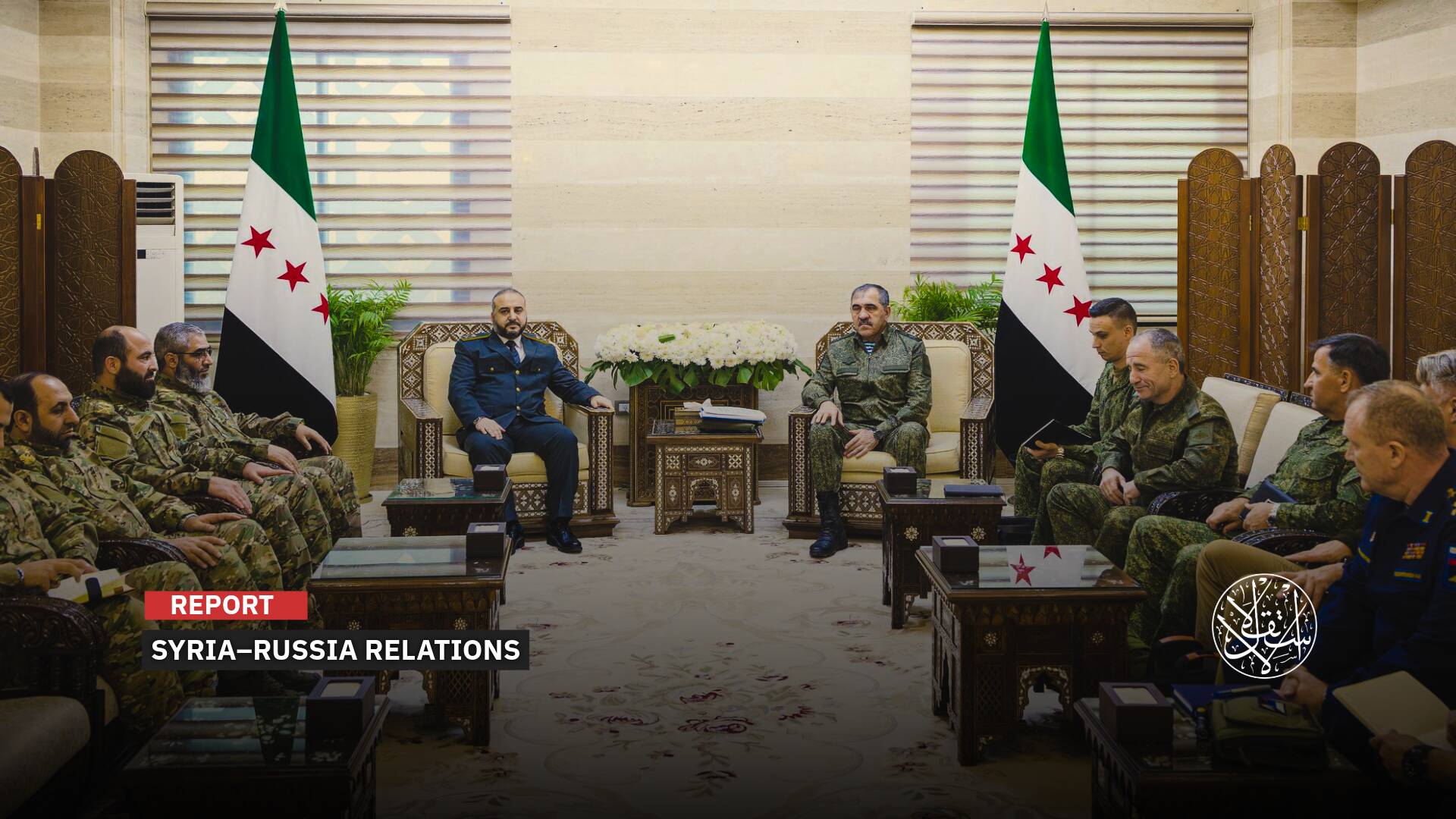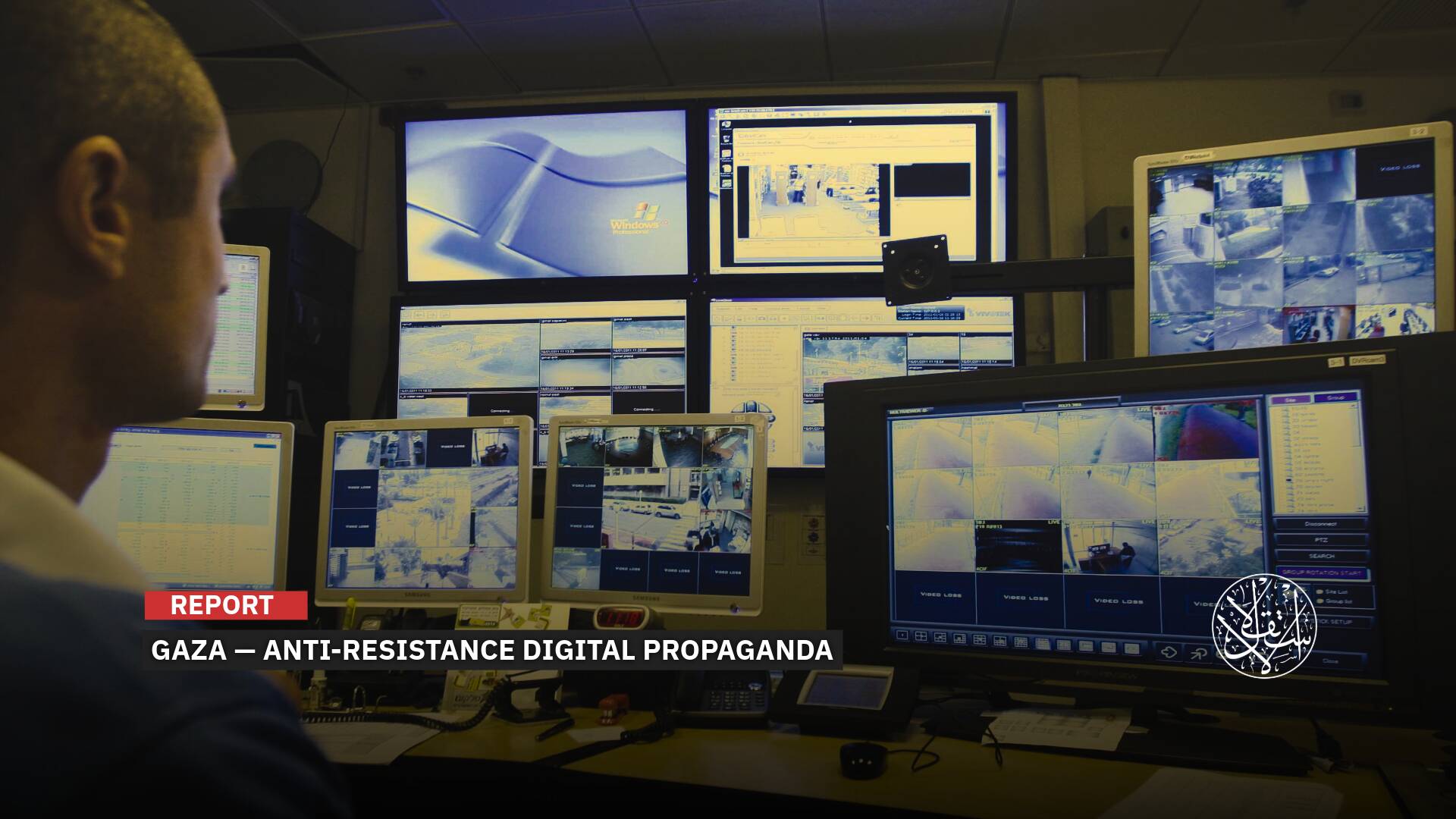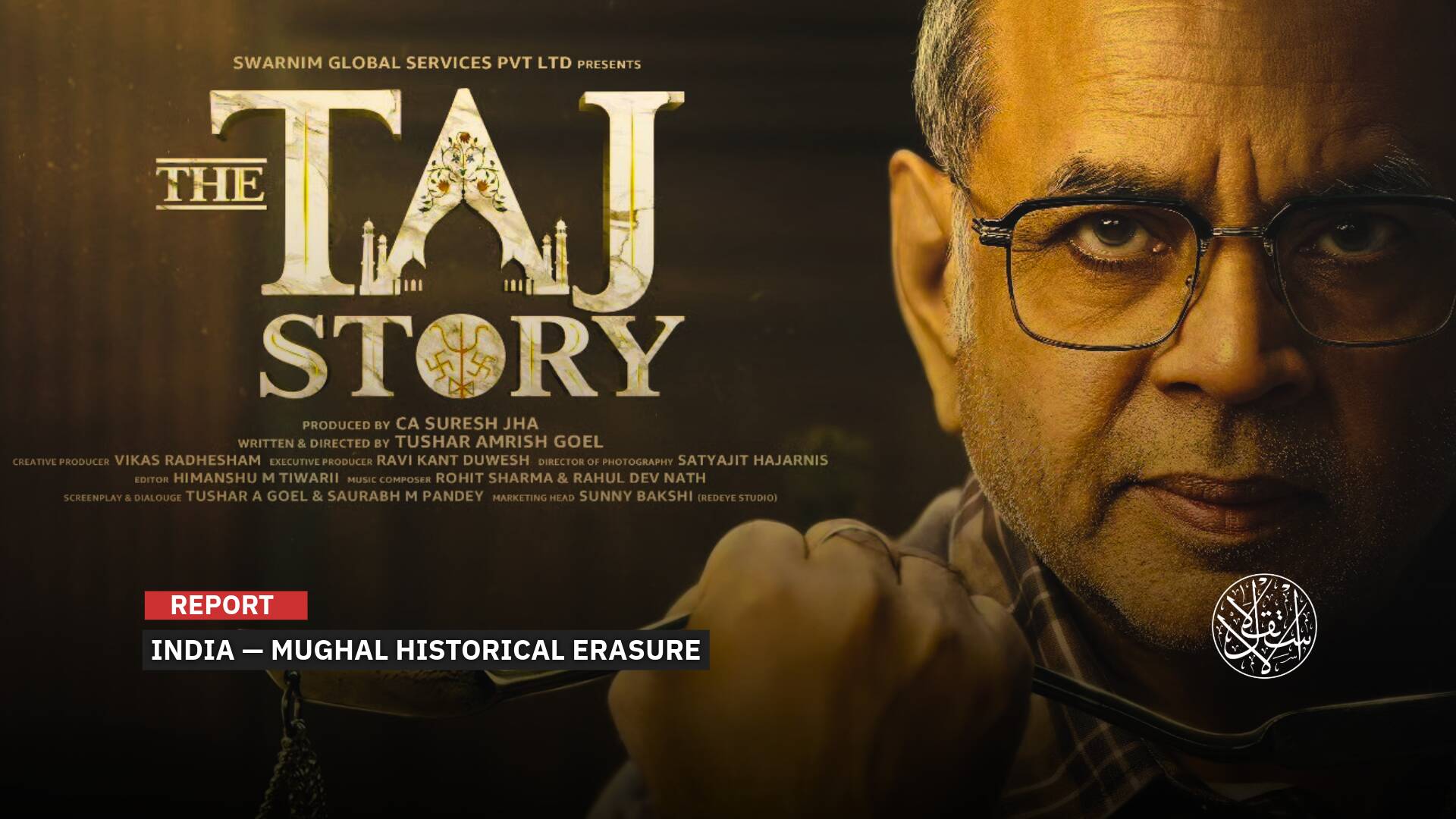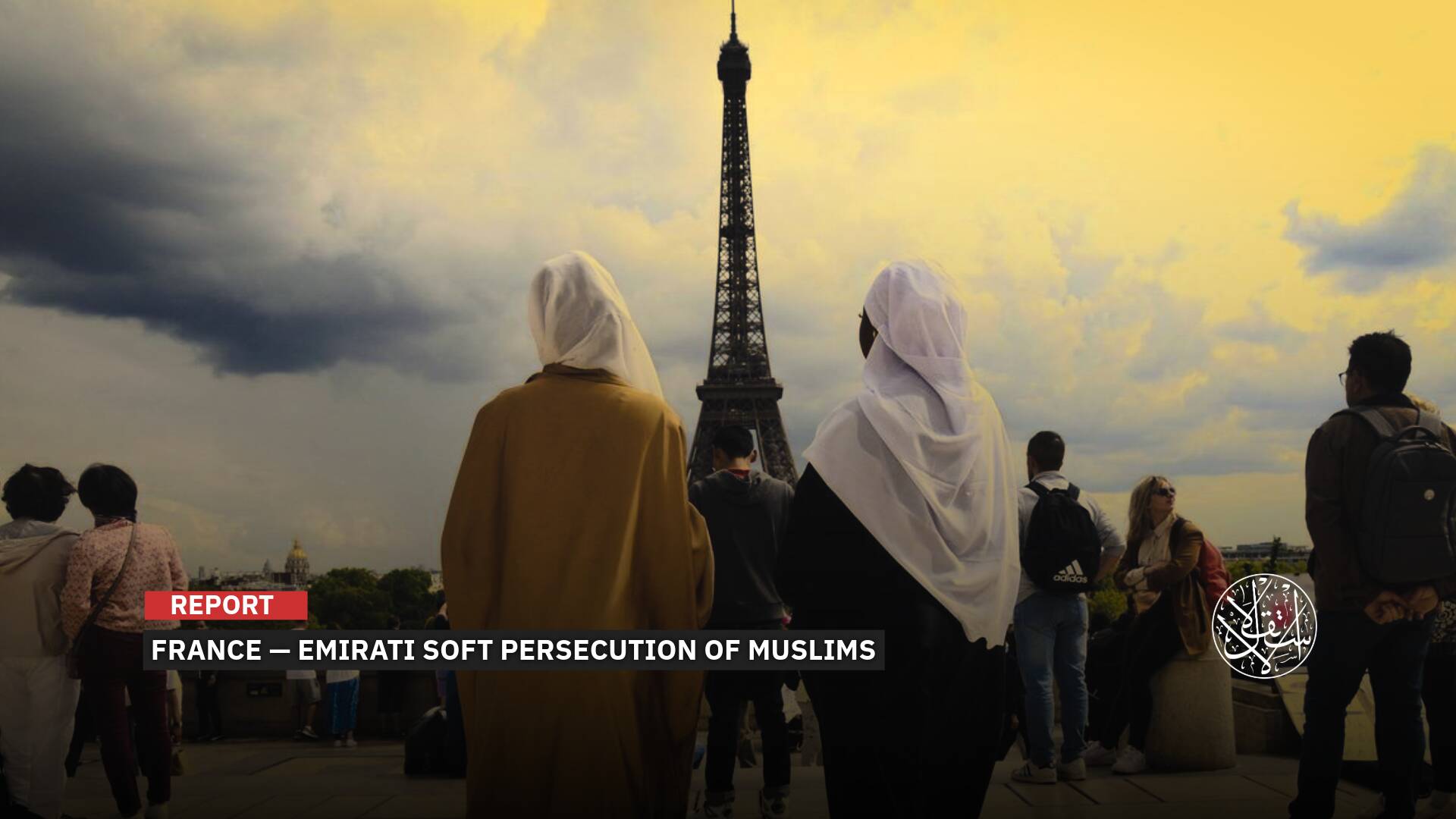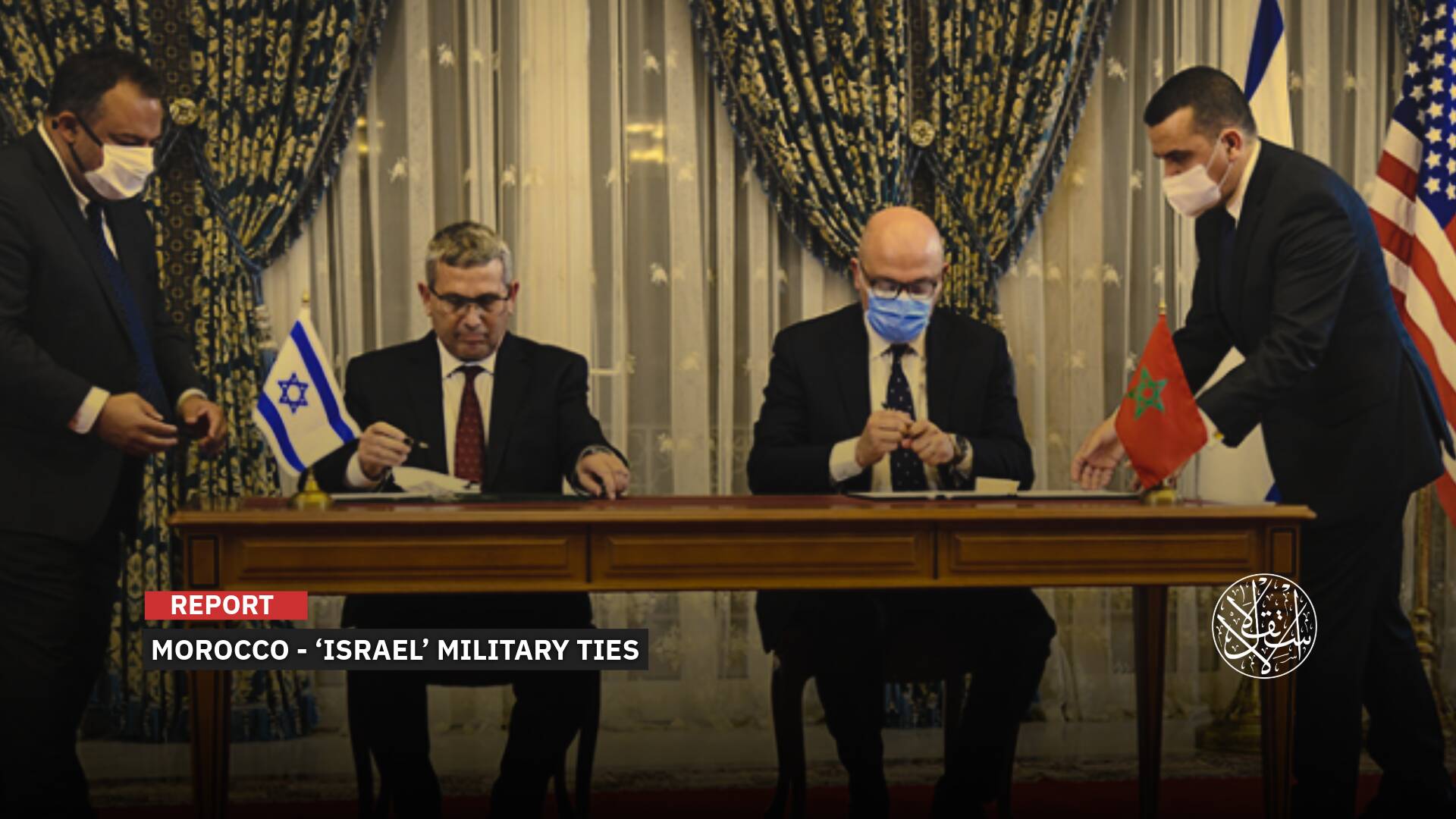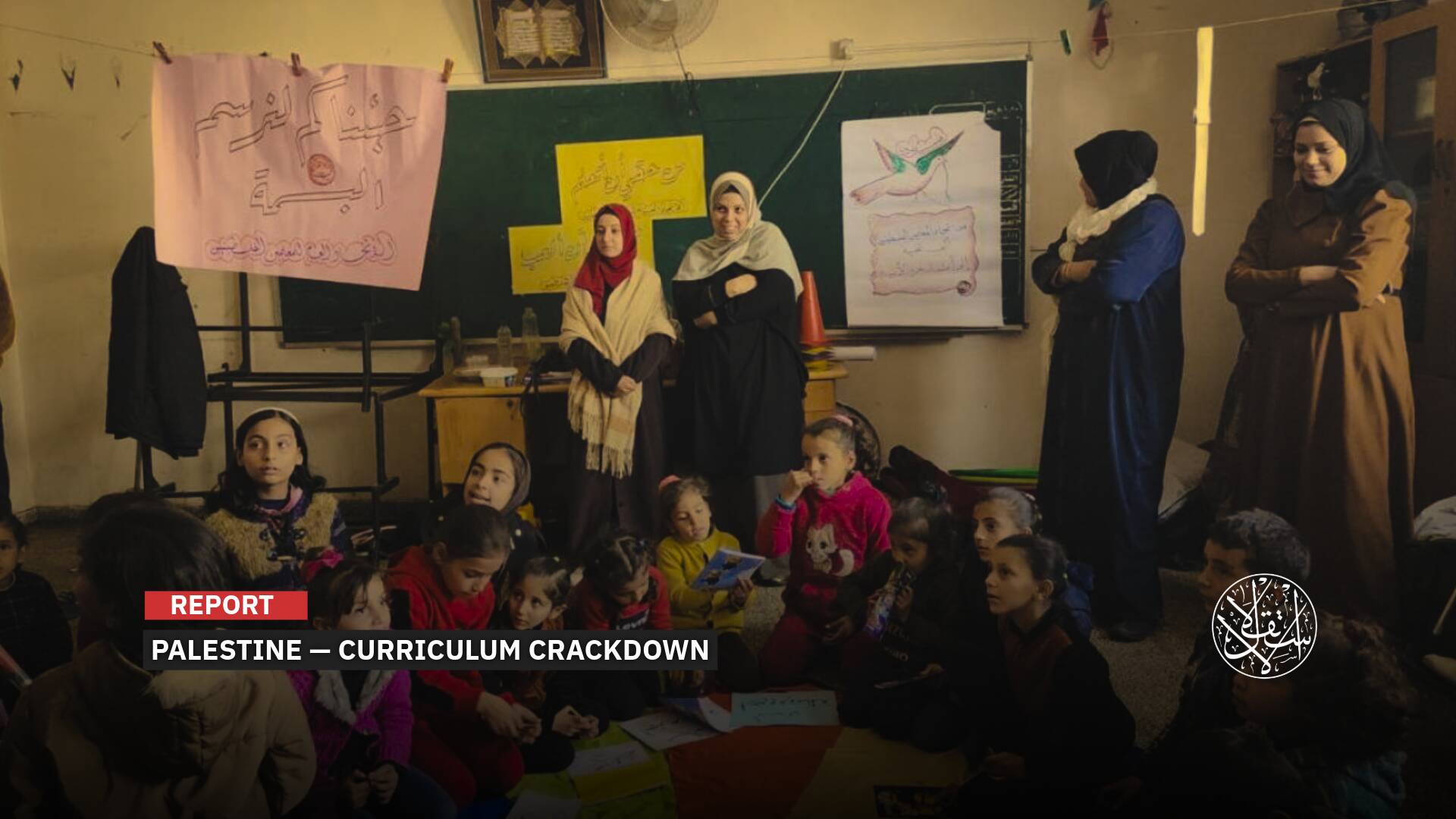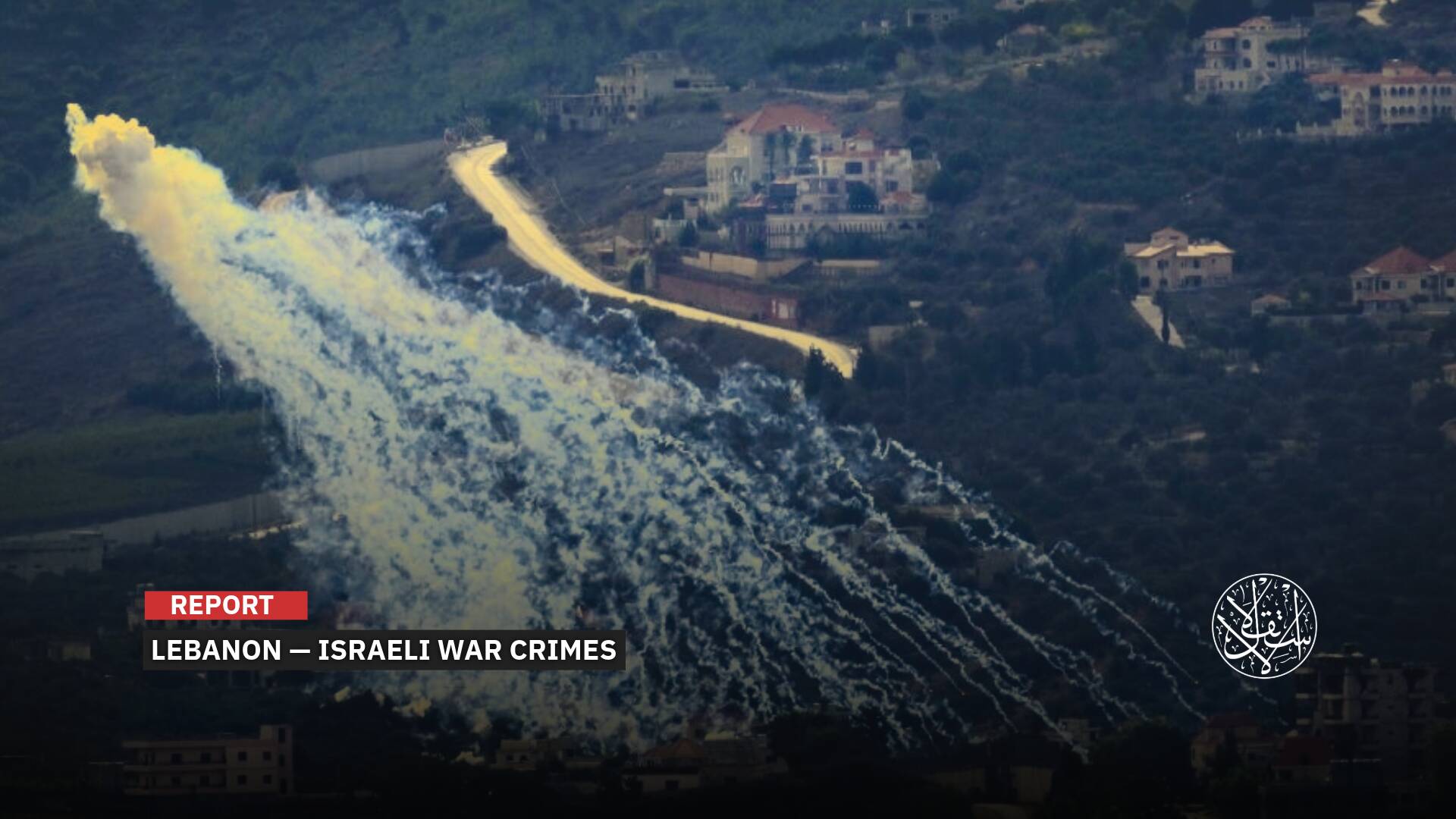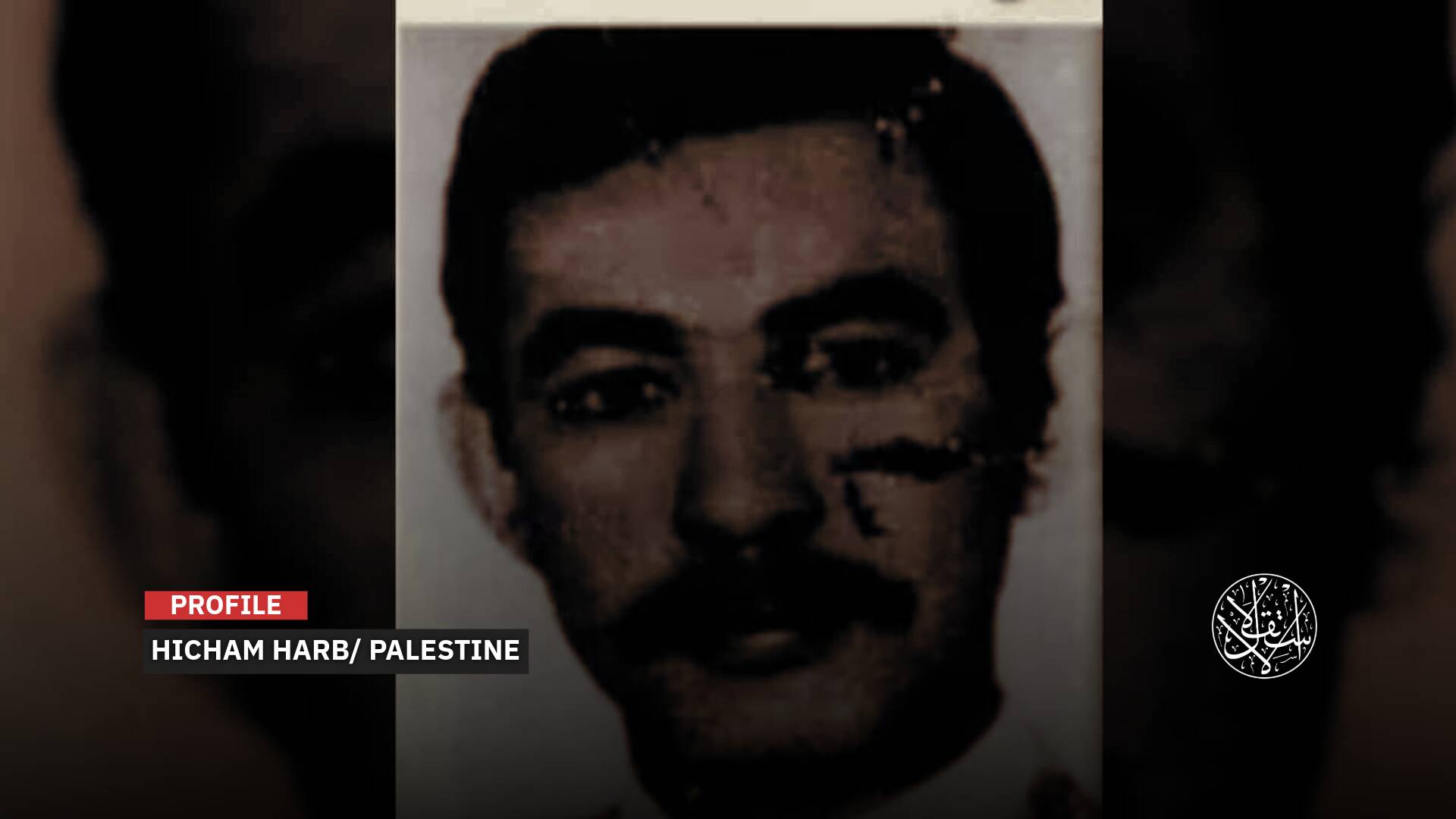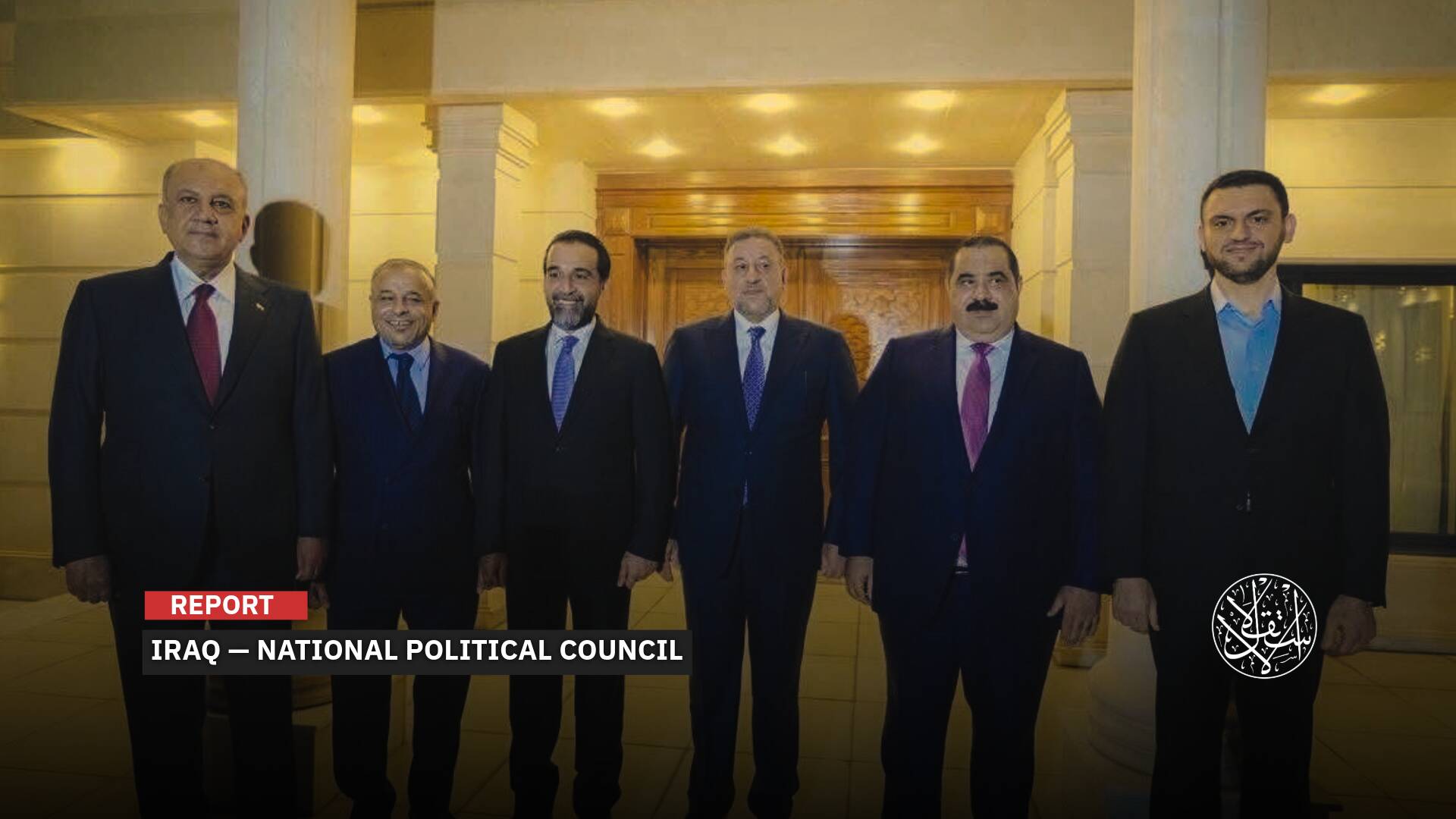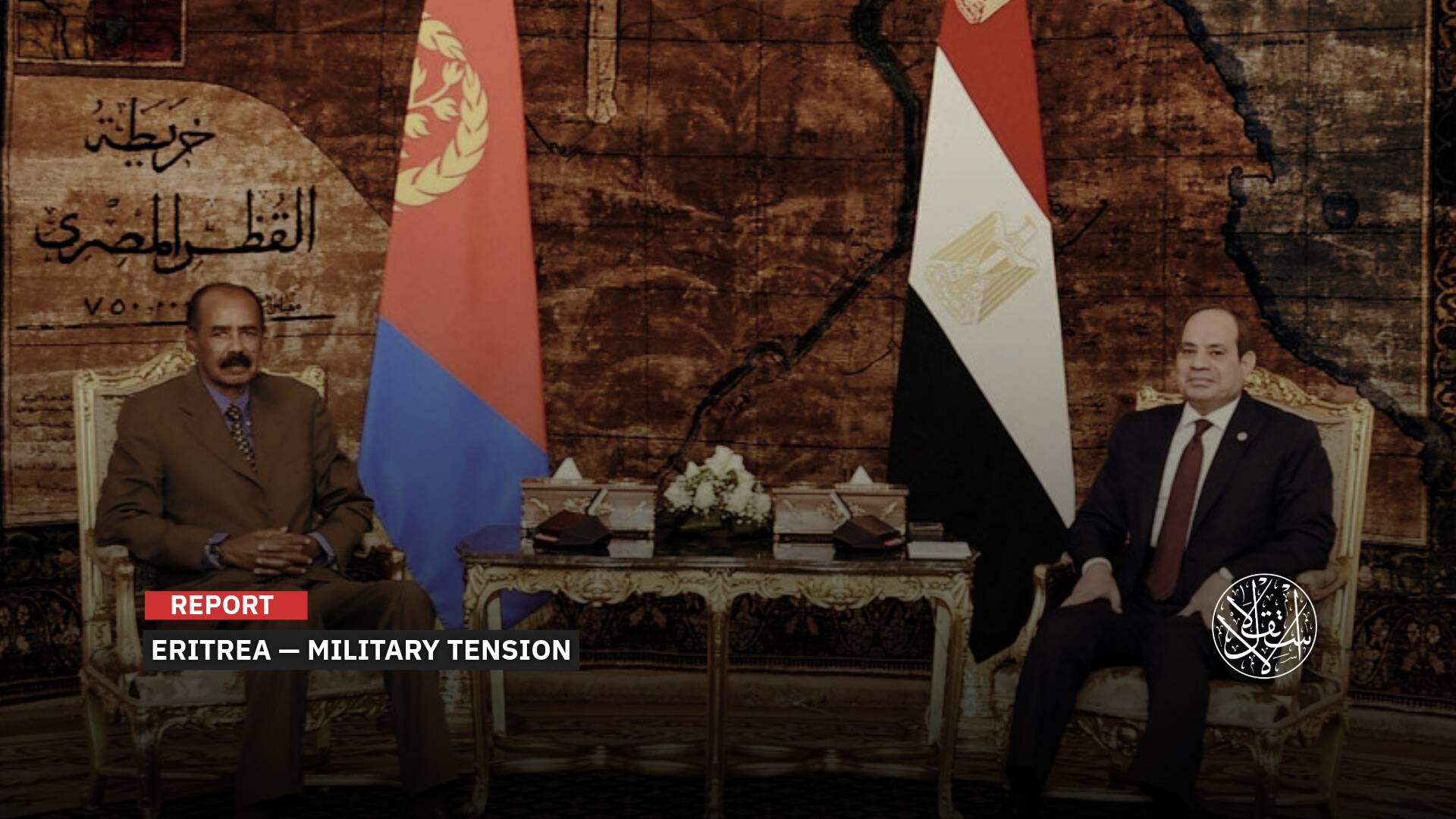That's Why the Austrian Judiciary Rejected Attempts to Demonize the Brotherhood.

Many endless attempts to clamp down on Muslims in Austria, and on the current of political Islam, particularly the Muslim Brotherhood, are led by the Austrian government, but one of the most important far-right schemes there has been thwarted by solid and independent Austrian judicial institutions.
Austria's ruling institutions are the Brotherhood, which has become a terrorist movement with the far-right People's Party government, which seeks to isolate the group in a country once called the "Oasis of Muslims in Europe."
However, the Austrian judiciary, which is independent of the Vienna authorities, refused to label the group, declaring that the Brotherhood was not terrorists.
In the 1960s, amid the domination of the situation in the Middle East by military authoritarian regimes, many Muslim Brotherhood cadres began to migrate to European countries, including Austria.
Muslim Brotherhood immigrants have launched social and religious activities in Austria for the Muslim community there, while the most prominent Brotherhood who have stepped on Austria is businessman Yusuf Nada, and the son-in-law of Hassan al-Banna, the group's founder, leader Said Ramadan.
Over time, Islamist movements, including the Muslim Brotherhood, merged with Austrian society, and were able to create a network of strong relations with elites.
They have also established educational academies, businesses, entities, companies, charities and humanitarian associations, and have enjoyed a great deal of confidence.
The years passed and Austrian Prime Minister Sebastian Kurz, who leads the Austrian People's Party, came motivated by a spirit of hatred for the Muslim community in general, the Muslim Brotherhood, the movements living there, as well as refugees.
Kurz has pursued a policy of clamping down on the Muslim community, and from time to time seeks to surround or drive them out, which he does with the Brotherhood in particular, as he seeks to classify it as a terrorist group.
This is inseparable from its proximity to the east's most anti-Brotherhood regimes in the UAE and Egypt, with Curtis having good relations with Abu Dhabi's Mohammed bin Zayed and Egyptian president Abdel Fattah al-Sisi.
The latter push him to this trend and agree with them in excluding the Brotherhood, but he clashes with solid legislative institutions within his state.

"Not terrorist"
On August 3, 2021, the Supreme Court of Austria’s Graz province ruled on complaints by some Muslims whose homes and businesses had been raided by Austrian security services, including members and institutions of the Muslim Brotherhood in Austria.
The court's ruling disappointed Kurz and aided the Brotherhood, denying the Muslim Brotherhood's terrorism charge and declaring the group not a terrorist organization.
The court confirmed that the campaign of raids and arrests carried out as part of Operation Luxor was illegal, and declared that it accepted all complaints against the campaign from victims of the operation, which it considered illegal and lacked any strong evidence.
The ruling also states that the Brotherhood is a mass movement made up of millions of members, and the conclusion that every person affiliated with the movement is a terrorist is simply a wrong and unacceptable conclusion.
The Supreme Court of Graz went on to say that suspicion, speculation and speculation should not be all that depended on the hypotheses of suspicion, but must be based on an assessment accompanied by accessible evidence.
It also stated that the investigations had not been solid from the outset and were largely based on the assessment of racist experts.
The Austrian Newspaper Die Press said: The 32-page ruling of the Graz Court contains the terms and justifications of the judgement, explaining that the operative of the ruling proved that the raid on apartments, offices and a charity, was carried out without nearly sufficient evidence, and that the searches that took place were not in accordance with the law.
Officials of the Federal Office for the Protection of the Constitution and The Fight against Terrorism of Austria (BVT) considered the launch of the investigation to be politically motivated by the Kurz government.
Court spokeswoman Elizabeth Debre told reporters that the complaints of nine people whose homes were raided by police on November 9, 2020, were upheld on the grounds that they "provided financial support and had links with terrorist organizations."
"The raids were basically not legal," Debre said.
Luxor Operation
On 9 November 2020, Austrian security services, directly ordered by the People's Party government under Kurz, launched one of the most vicious and intense operations against Muslim Brotherhood institutions and individuals in Austria.
The number of places stormed across the country was 60, and the number of arrests reached 30 Muslim activists and academics in what was known as Operation Luxor.
On August 5, 2021, the Union of Islamic Organizations in Europe, which oversees Muslim communities and activities in Europe, criticized the Austrian security service's use of disproportionate force against known persons and their treatment as terrorists.
Excessive force from Austrian police during the raids left their mark on members of a Muslim family that had been subjected to violence by security forces.
More than 10 children began receiving post-operative psychotherapy, while the 30 people arrested and their families faced financial difficulties because their bank accounts were banned.
Many NGOs, journalists and writers called to clarify the issue as a matter of urgency.

Racist Kurz
Austrian Chancellor Sebastian Kurz, took a stand against Muslims, years before he became prime minister, specifically when he was minister of foreign affairs and integration.
In particular, 2015 marked the beginning of the shift towards Muslims in Austria, at his hands, with the "Law of Islam" passed.
It is a discriminatory law invented by Kurz, the current Austrian chancellor, which coincided with a major wave of asylum, with thousands displaced from Syria and Iraq because of wars.
This was used by the extreme right to incite foreigners, especially Muslims, using anti-Islamic propaganda that promotes Islamophobia.
At that time, elections were being held, and Muslims thought that these hostile campaigns would end after that, but the opposite happened, especially since a government coalition took place in 2017.
That coalition between the center-right Black Party, represented by Sebastian Kurz, and the (ultra-radical) Blue Party, which is relatively "far right", related to neo-Nazis.
All the aim was to gain extremist, xenophobic and Anti-Muslim voices, so that the Muslim community as a whole would pay a heavy price, particularly active institutions such as the Brotherhood, the Islamic Religious Authority and the Milli Gross Organization.
On July 16, 2021, the launch of the Observatory for Political Islam by the Austrian government was the biggest sign of targeting Muslims only in Austria’s broad society.
The Observatory is currently the spearhead adopted by the ruling right-wing People's Party to fight the Muslim community along the country.
When the Observatory was founded, the ruling party, Austrian Integration Minister Susanni Rapp, declared that "the agreement was clear and provided for the fight against political Islam".
The center reinforces Kurz’ narrowing of Muslims, tightened controls on mosques and charitable organizations, kindergarten and high school schools and banned forgeign funding for Islamic organizations and centers.
In addition, all entities that are contrary to new laws targeting committed Muslims have been closed.
The Muslim Brotherhood is the most prominent target institution, as well as Austria’s Islamic religious body, which serves the low-lying provinces of Vienna, Austria and Burgenland.
With such ongoing arbitrary actions, nearly 1 million Muslims in a country with a population of about 9 million are at risk of harassment and racism by far-right parties.
In particular, the ruling People's Party under Prime Minister Sebastian Kurz made fighting what he called political Islam and the religious identity of Muslims a top priority.


